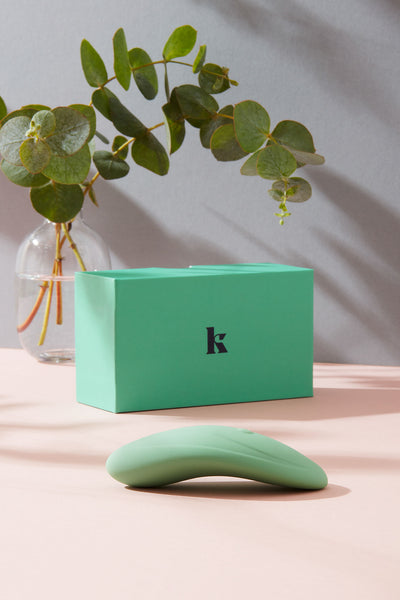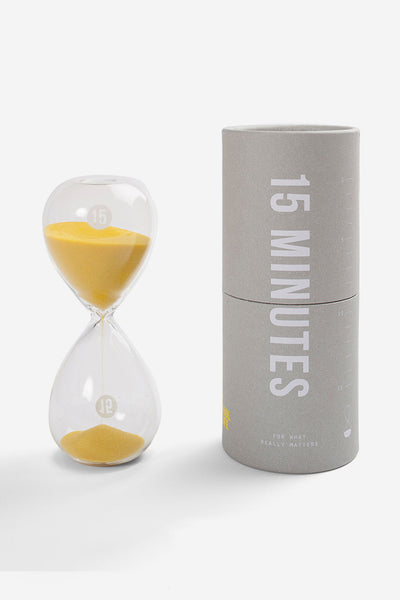The Grinding Pandemic - why bruxism is on the rise.
Dentists are concerned about teeth grinding during Covid-19 stress
Across the UK dental surgeries have reopened following the coronavirus lockdown, but dentists may find more of us with tight, sore jaws, and tooth wear.
As Sky News recently reported, this has been something that Dr. Maezama Malik, a dentist with a practice in South London, has noticed since viewing her patients again.
She places blame on anxiety and stress from the Covid-19 pandemic causing bruxism - teeth grinding and jaw clenching that people often aren’t aware they are doing. It’s an understandable reaction for many of us given the magnitude of the current worldwide public health emergency.
Similarly, in the US, dentists are seeing the same trend.
Teeth grinding symptoms made up 30-40% of patients for one dentist in western New York who also attributed it to coronavirus stress. Migraines, tension headaches, and less ability to open mouths were painful concerns they shared.
Dr. Usa Bunnag, a dentist in Maryland, has had an influx of telephone consultations, with complaints of jaw pain the most common. Speaking about her patients to NBC Washington, she says “a lot of them are having jaw issues because they are stressed.”
This response to stress is not only seen in adults but children too.
In a story from the News & Star last month, almost 25% of children in northwest England are struggling to cope mentally with the effects of the pandemic. Worryingly, teeth grinding is a symptom that research found.
Bruxism can occur both whilst awake and asleep.
Awake bruxism is the habit of clenching the jaw and teeth (not usually grinding). Sleep bruxism involves physically and audibly grinding teeth together. Both can lead to damaged teeth.
Those at more risk of bruxism
Anxiety and depression can cause awake bruxism.
According to a clinical study by Stanford University School of Medicine, some have a higher chance of grinding teeth during sleep. Including:
- People with obstructive sleep apnoea
- Loud snorers
- Heavy alcohol drinkers
- Heavy caffeine drinkers
- Smokers
- Those with a highly stressful life
- Those with anxiety
A group of Brazilian oral science researchers believes the psychological effects of the coronavirus outbreak on the public could see more of us with the condition. We can, however, take action to prevent and treat it.
How to prevent and treat bruxism
To prevent the habit of biting down and causing muscular pain, relaxation techniques are a powerful method to improve mental and physical relaxation skills.
Calming music, meditation, focused and positive imagination, cognitive and behavioural therapy (CBT), and aromatherapy are just some therapeutic methods to consider.
A mouthguard is recommended for treatment if you grind your teeth while you sleep. Also known as night guards, they are similar to those used in boxing and rugby but designed specifically for teeth grinders.
Taking away the worry of tooth damage, mouthguards for grinding, and night guards alleviate pressure across the jaw to reduce the tension headaches and jaw pain, as well as potentially reducing the frequency of bruxism episodes. And the good news for sleep partners is that they won’t be kept awake by loud tooth grinding.
The Echor Night Guard is perfect solution for your bruxism, as well as being anti-microbial and available with a hint of mint, it also qualifies for the Echor 30 Night Guarantee for a risk-free purchase. Check it out here.












